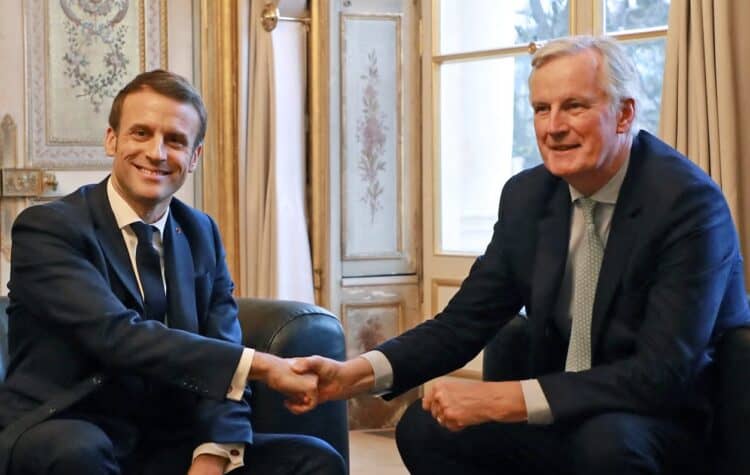Michel Barnier, former Brexit negotiator, has been appointed as France’s new prime minister by President Emmanuel Macron, following the conclusion of the recent snap parliamentary elections. This appointment comes after a significant period of political pressure from all sides for Macron to nominate a candidate.
Barnier, known for his role as the chief EU negotiator for Brexit from 2016 to 2021 and his tenure as a European Commissioner, now faces the immediate challenge of securing confidence from the National Assembly, France’s lower house of parliament, which is sharply divided among three major blocs.
The current composition of the National Assembly includes the left-wing coalition NFP, which secured the most seats but did not achieve an absolute majority, Macron’s centrist alliance, and the far-right National Rally. This diverse assembly has compelled Macron to seek a prime minister who could command “the broadest and most stable majority possible.”
Reactions from French political groups have been swift and varied. Jordan Bardella, president of the National Rally, expressed relief that the long wait for a prime ministerial appointment was over but emphasized the urgency of addressing key issues such as purchasing power, security, and immigration. Bardella warned of taking “all political means of action” if these issues are not prioritized in the coming weeks.
The NFP coalition’s Greens criticized Macron for his choice, accusing him of betraying the electorate’s wishes and enabling the National Rally to play a decisive role in political proceedings. They argued that Macron’s decision reflects his focus on maintaining his neoliberal agenda, particularly concerning pension reforms.
Similarly, the Communist Party expressed dissatisfaction, with representative Fabien Roussel condemning the appointment as favoring right-wing policies aligned with the president’s own. Roussel accused Macron of manipulating the political process to ignore the electoral outcome.
You may also like: Charity for disabled children directs funds to rightwing think tanks, sparking outrage





